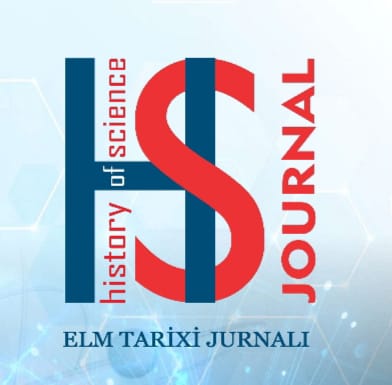The article notes that despite the unity among scholars in understanding the content of genocide (massacres and destruction of a group of people), there is no consensus on determining which specific criminal acts are covered by it and which groups of people are subject to its protection.
The article, referring to the 1948 Genocide Convention, states that the definition of the relevant crime does not allow arbitrary interpretation, as it has a specific historical and factual context. In this regard, the formation of a universal concept of genocide involves not only the study of purely legal aspects of this phenomenon, but also the study of its historical factors. The conclusion concluded that genocide is a "product" of the twentieth century, because as an independent criminal act it began to be interpreted and punished from the middle of the century, i.e. after the adoption of the 1948 Genocide Convention.
As a result, the differences between genocide and ethnic cleansing are also analyzed. It is indicated that despite the coincidences, the two concepts have an important difference in their purpose. So, if genocide is directly aimed at destroying a certain group, then ethnic cleansing is aimed at creating an ethnically homogeneous territory.

